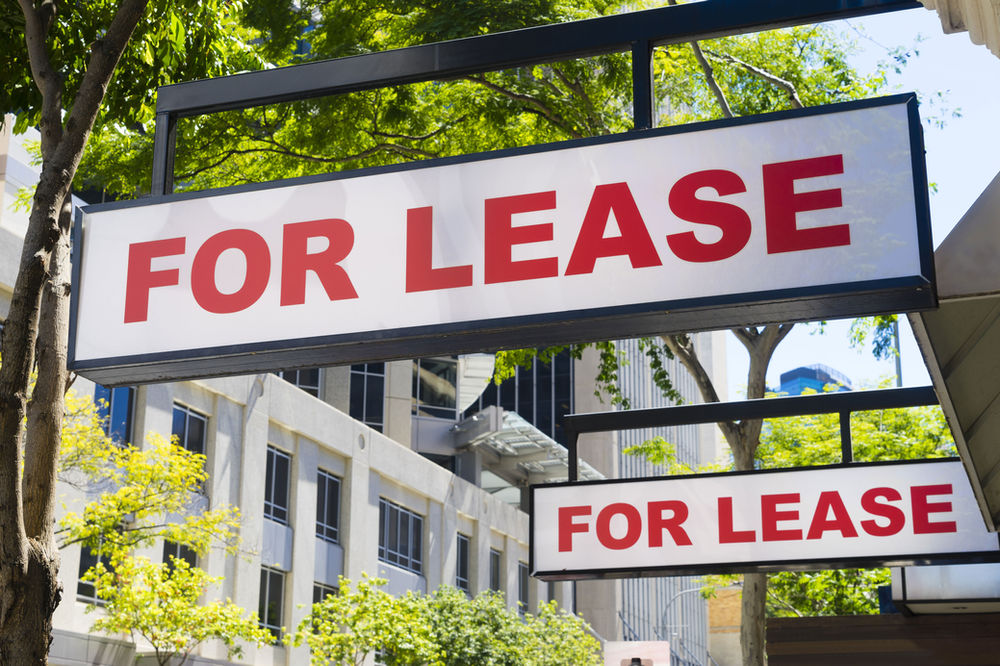Do You Need to Change Your Homeowners Insurance If You Rent Out Your House?

Are you thinking about renting your home, condo, or townhouse? Do you have rental properties that you want to rent out to tenants? Have you heard about obtaining landlord insurance (DP3) for a rental property? When you think about insurance for your home or your properties, the first thing that may come to mind is homeowners insurance. Unfortunately, if you plan to rent your home, you will want to cancel that homeowner’s policy. What you need to purchase instead is a Dwelling Property or Dwelling Fire insurance! Renting out your property means you need dwelling property insurance to make sure you’re adequately protected. That’s true for short-term rentals, too.
Why You Need Different Coverage If You Rent Your House
As soon as you sign the lease with a tenant, you must change your homeowner’s insurance to dwelling property or dwelling fire insurance (also known as a DP3 policy). This type of policy can cover some risks a standard homeowners insurance policy will not.
Because you’re not living at the property, your coverage needs to change. Namely, you don’t want to insure all your tenant’s belongings in the home, and you need to protect your rental income if there’s a loss. From an insurer’s standpoint, the risk is different if you’re not living in the house year-round.
Dwelling property insurance can be easily customized to fit your needs. If you’re renting out property that has appliances and permanent fixtures, it can cover them. And if a covered claim keeps you from renting out the property, a dwelling property policy can include fair rental value coverage to protect your lost income.
Does Homeowners Insurance Cover Rental Properties?
A standard homeowners insurance policy usually doesn’t cover rental situations. The logic is simple: your property becomes a business asset when you rent it out, which creates more risk because tenants typically don’t care for a rented home the way a homeowner does.
That means if you have a standard HO3 policy on the property and rent it to tenants, you risk not having your losses covered if you need to file a claim.
While other providers may add an endorsement to your policy to cover occasional rentals if the home is primarily your residence, it’s worth noting that isn’t the case with us. Like Airbnb, our dwelling property policy can be customized to cover long-term and short-term rental situations.
When Do You Need Dwelling Property Insurance?
You may need a dwelling property policy when:
· You don’t reside at the property.
· You rent the property out.
· You use the property for short-term rentals like Airbnb, Vrbo, etc.
· Your home has unique insurance needs (e.g., an older roof).
Be prepared to let your provider know how long you rent out the home, how much you rent it for, and how the property is used when it’s not being rented. Is it vacant, used as a vacation home, or will you live there? The more details you can provide, your policy will be better equipped.
Can Dwelling Property Insurance Cover Personal Belongings?
In some cases, yes, dwelling property insurance can cover personal belongings. But it doesn’t insure your tenants for their belongings in the house – they should have renters insurance.
Dwelling property insurance policies can cover appliances you provide for your renters in the property lease, like an oven, microwave, refrigerator, and washer and dryer. It’s worth noting that dwelling property insurance doesn’t cover these items for everyday wear and tear or damage caused by the tenants.
How Much Does Dwelling Property Insurance Cost?
Dwelling property insurance is usually priced more competitively thanks to its inclusion of the Roof Surfacing Payment Schedule. This covers the roof for its actual cash value coverage only when it’s damaged by wind or hail. For all other covered sources of damage, the roof and the rest of the home’s structure are insured for their replacement cost. The endorsement usually comes with a sizable premium discount.
In conclusion, if you plan on renting out your home, you will need a Dwelling Property or Dwelling Fire Insurance policy for your rental property. Not only will this coverage protect your property from any damages, but it will also provide you with peace of mind. Now that you know the basics of landlord insurance, it is time to reach out for a quote.





